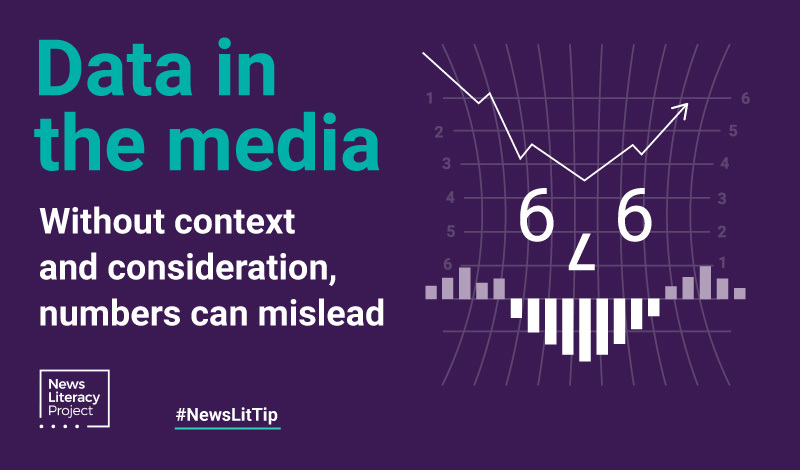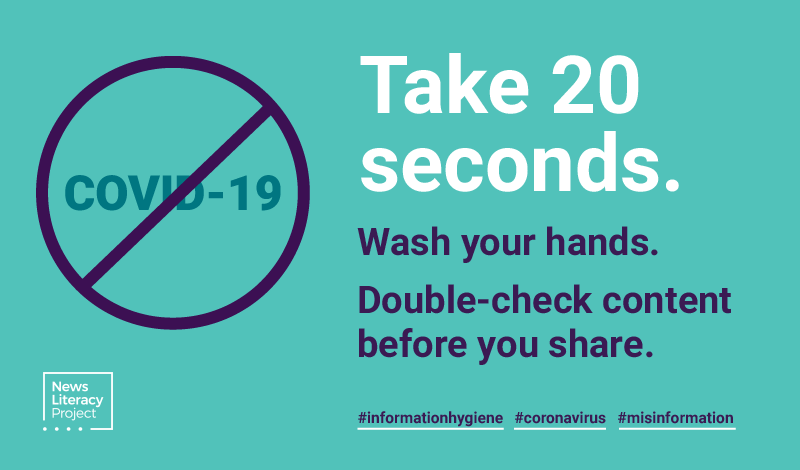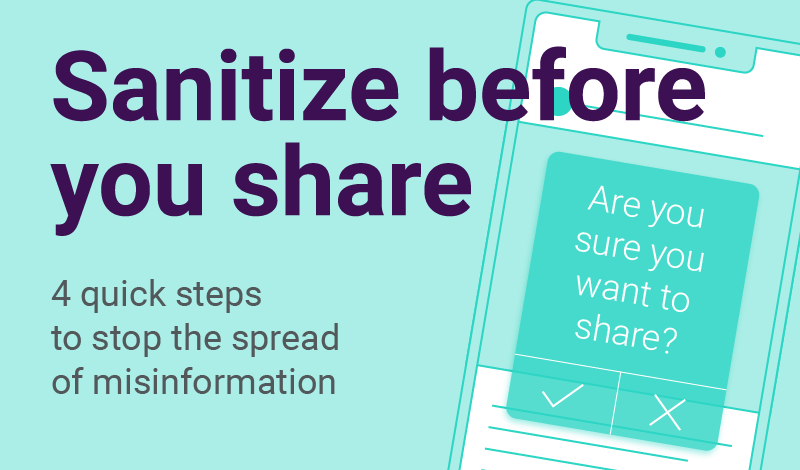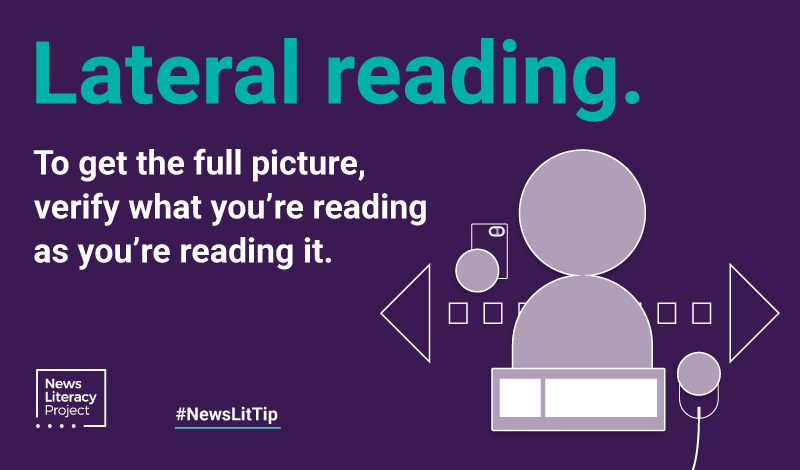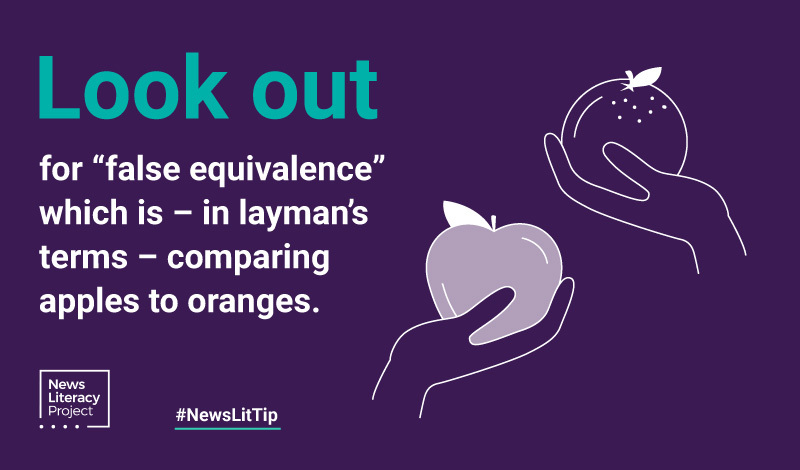
News Lit Tips
Posts that troll are designed to irritate, not educate
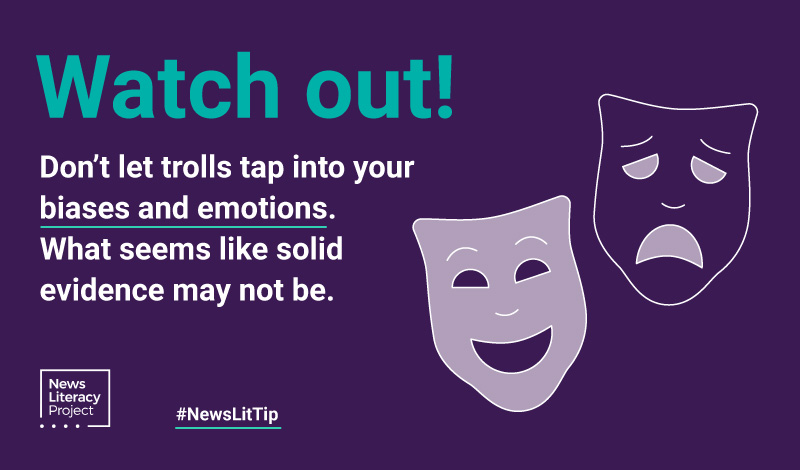
If you’re active in any way on the internet, you’ve probably heard this: “Don’t feed the trolls.” Also: Don’t let the trolls feed off you — or your anger. When something online makes you hot under the collar, it’s possible that someone is aiming to irritate, rather than make a well-reasoned point.
“Don’t Feed the Trolls” is also the title of a 2019 report (PDF) from the Center for Countering Digital Hate (CCDH), a nongovernmental organization based in London.
“Political trolls are skilled and determined propagandists, promulgating harmful extremist beliefs, like sectarianism, racism and religious intolerance, using abuse and mockery,” CCDH CEO Imran Ahmed and advisory board chair Linda Papadopoulos write in the report — which also cites Whitney Phillips, the author of This Is Why We Can’t Have Nice Things, as noting that trolls ”self-define as people who believe ‘nothing should be taken seriously’ and ‘like to disrupt stupid conversations on the Internet’ for ‘lulz’: ‘amusement derived from another person’s anger.’”
So what’s a civil citizen of the internet to do when faced with a comment that seems outrageous?
First: Don’t let it get to you! If what you see makes you angry, the first step is to not engage — don’t debate, don’t share.
Although “Don’t Feed the Trolls” is aimed at high-profile figures and organizations, it provides useful advice, saying that most people fall into the trolls’ trap: “We act counterproductively, engaging trolls, debating them, believing this is a battle of ideas. In fact, the trolls are playing a quite different game. They don’t want to ‘win’ or ‘lose’ an argument; they just want their ideas to be heard by as many potential converts as possible.”
Use your news literacy skills to take apart the information. Don’t let the trolls hijack your mind.
